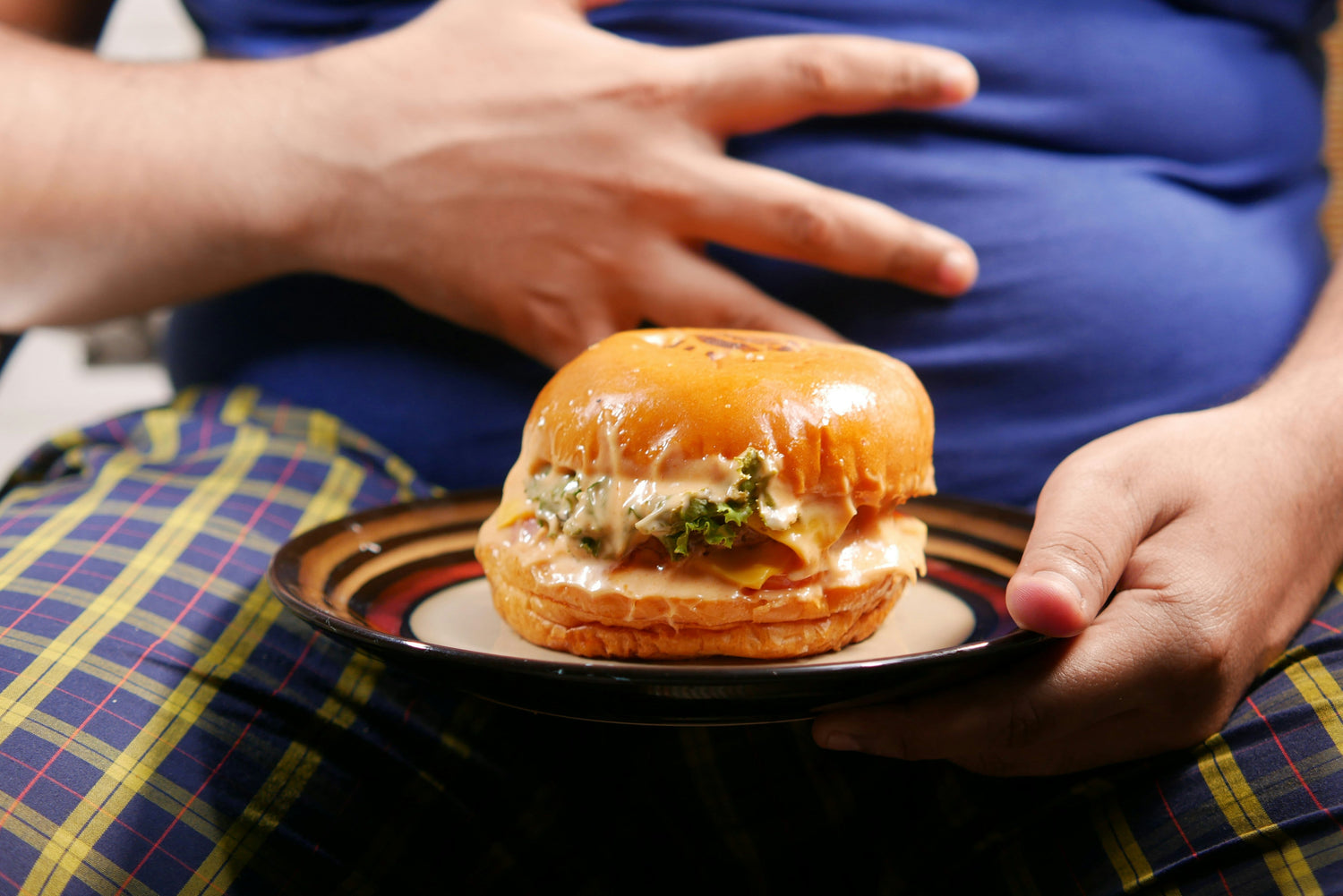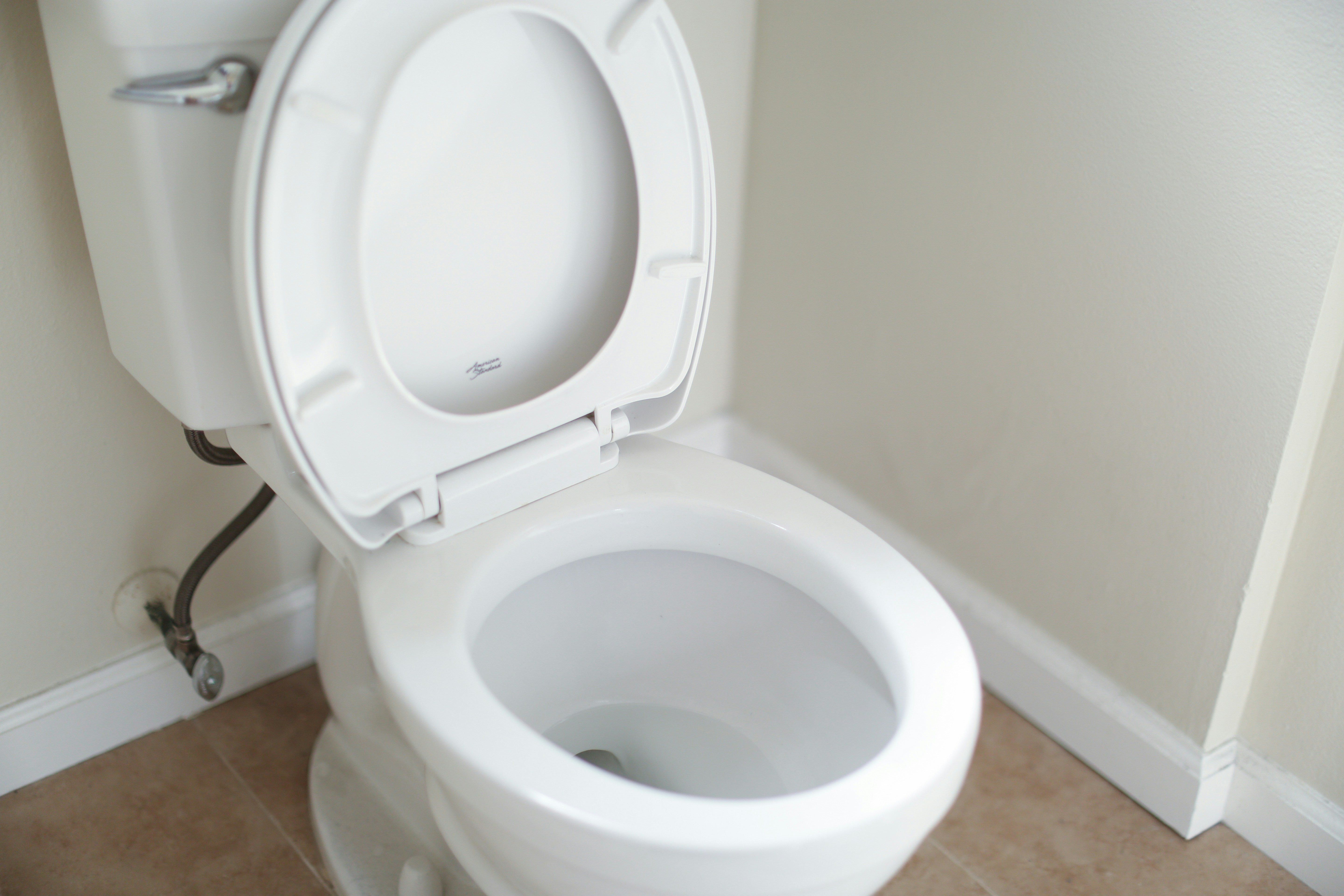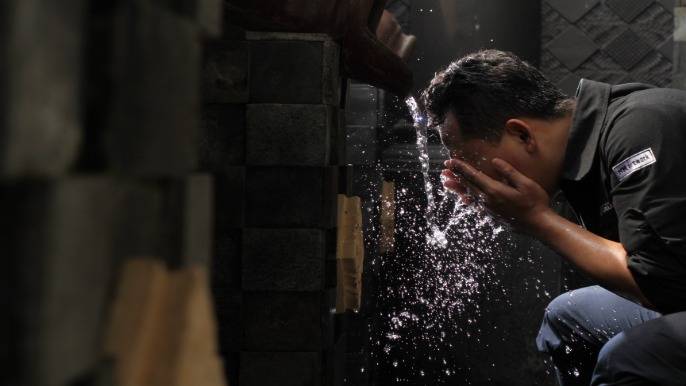Your stomach drops. Your butt clenches. Beads of sweat form on your forehead. God forgive you if you had Chipotle for lunch, or are about to have a shart attack.
But what happens if you have to fight it? Or even worse, what if you have a case of poop angst and its become a habit to hold it in?
-
The King, Elvis Presley, who died on the throne due to chronic constipation (his colon was double the size of the average human).
-
The English girl who died in 2015 of a heart attack after not pooping for eight weeks!
-
And who can forget the man who died at 29 with the world’s longest colon, weighing at 47 pounds and 7 feet long.
Obviously, these are extreme cases of holding it in. For us less ambitious DUDES, here’s what usually happens to your system when you have to hold in your poop.
After you eat, it takes your body 53 hours on average to transfer food from your digestive tract into poop that’s ready to be dropped off. The time your food spends in your large intestine is about 40 hours (30 hours for men, 45 for women on average).
If you’re curious about how many times a week you should be going number two, read our in-depth breakdown here.
When you give your butt the “no go,” your poop gets sent back to your large intestine (aka your colon), where it absorbs more water and gets harder as it sits in the waiting room.
This when constipation can start.
While stopping your urge to defecate isn’t easy, we’ve all done it in dicey situations. In the first few hours, you’ll typically feel bloating or abdominal pressure and have the urge to fart.
Eventually your poop becomes lodged in your colon (that's called impaction) and you lose that desperate urge to go. You might think it’s disappeared, but you’re only getting constipated.
When it comes time to evacuate next, it can be really hard to get that log out, causing some more time on the toilet and straining that you’re used to.
If you’re feeling particularly backed up, laxatives can come in handy. Coffee works too, it's science! More serious problems can develop if you hold your poop in regularly or for extended periods of time.
This is because you are throwing off the signals to your brain that are telling your digestive system to poop. Over time, this can cause chronic constipation and the complications you can read about elsewhere. We still have to eat lunch.
So it’s fine to hold it if you’re caught in a “clenchy” situation and have to hold it. But doing this habitually can cause more serious digestive health issues that can warrant a trip to the gastroenterologist..
The important thing is to go on your normal schedule when your body tells you it’s time, even if that means a potentially bad experience in a public restroom or awkward tip-off to your significant other. And if you’re worried about the aftermath, remember to carry a DUDE wipe so there’s no collateral damage.

























